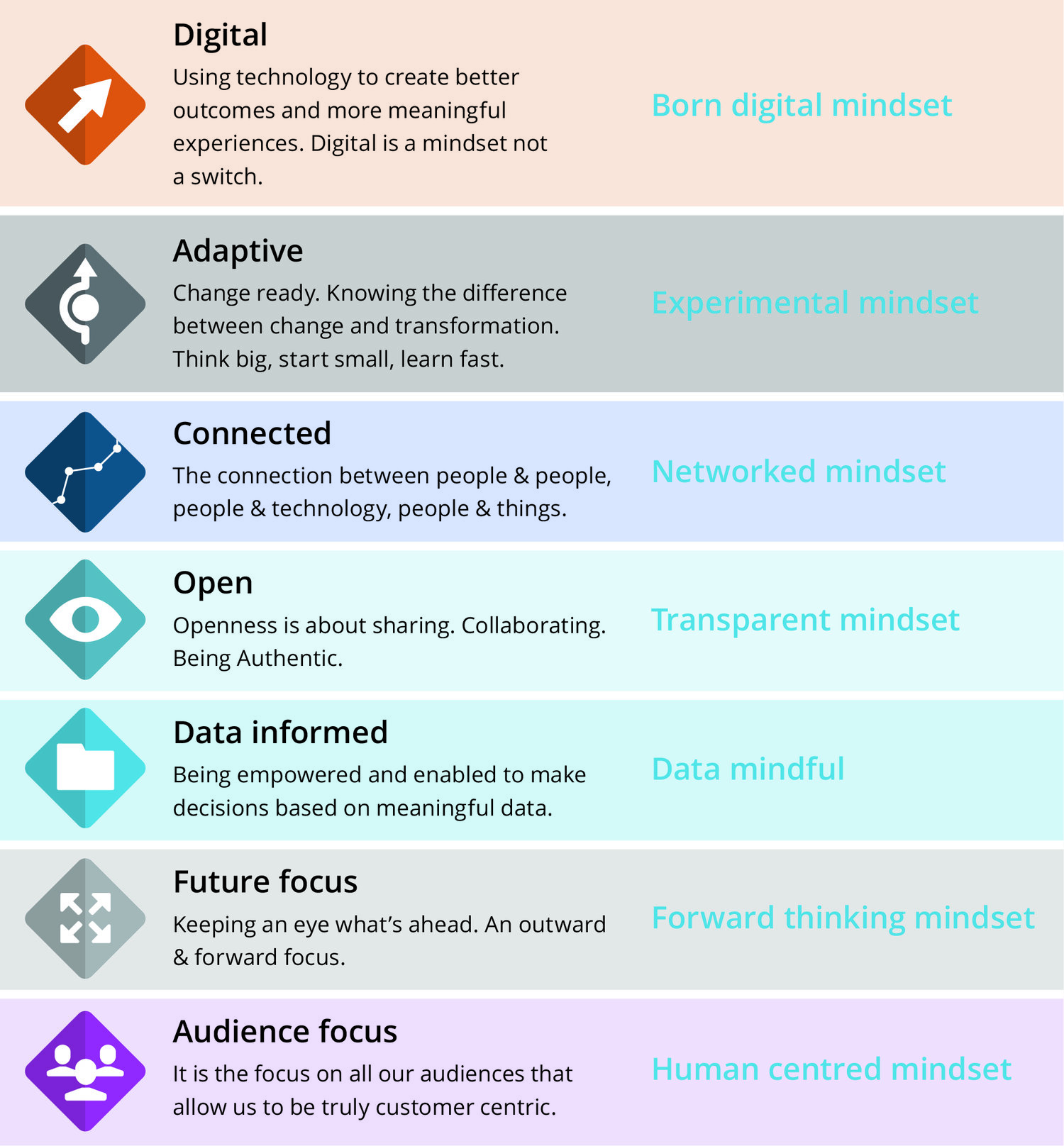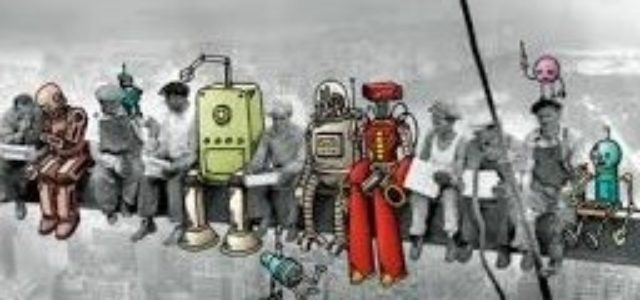I don’t know if it’s just a genetic throwback from my ancestral evidence of writers and poets, but I seem to constantly follow an onomatopoeic approach to the shift from traditional corporate leadership to 21st century, modern leadership…none more pertinent than what came to me this morning that’s prompted this post.
Thanks to a great article and publication from Raconteur, of which I am an avid reader and supporter, talking to the theme: Will the future CEO be judged on purpose not profit?
The byline of the publication gets even better saying: ‘The idea that a company’s environmental footprint, employee welfare and social impact decides how its leader is judged is gaining traction.’
Why is this important for me? Well, it’s another positive step in the right direction of becoming more open and vocal about our need to shift how we think and behave as leaders – to embrace the reality of our times and the requirement to stay relevant by adapting who we are as leaders, rather than expecting everything around us to change as we stand still!
FROM PROFIT, POLITICS & PRODUCTIVITY TO PURPOSE, PEOPLE & PRACTICE
Before I talk about this shift, I want to quickly address my inclusion of productivity in the ‘from’ state for leaders. I’m not saying productivity is no longer important…it is and as important as ever – it’s just that to have our eye on the idea of productivity as the outcome isn’t valuable anymore – it’s an output measure, that will be greater if our input focus is on people, purpose and practice.
This idea was proven way back in 2012 when Cap Gemini published their research Why digital leaders outperform their peers. I think much of this report is as relevant today as it was then. In addition to this, the expansion of Diversity and Inclusion from an agenda item to a priority focus of one’s own outward leadership behaviours is absolutely key, mentioned here in Johanna Beresford’s article of the same publication.
So, back to how leaders can journey from the thinking and learnt behaviours embedded and rooted over the last few decades towards a more holistic and humanistic 21st-century leader in a digital age (there I go again with the onomatopoeia!).
We need to build our awareness and understanding of who we are as leaders today, not for the sake of development, but our experience and data shows that having an initial focus on current strength areas is far more rewarding and beneficial than focussed on gaps – a great nudge towards growth mindset.
To get to grips with those areas of our current leadership profile that do relate to the digital age is key. It’s in these areas of thinking and behaviour that we can start to practice role model leadership – become the change we want to see in others and participate more in the projects and programmes of digital transformation.
For example, if I have a strength as a connected leader, then my focus will be how I can externalise that strength by being more explicit in being connected or by encouraging connections with people and groups that are more diverse, inclusive and more purpose-driven rather than label driven.
When we have a focus on our strengths it is easier to start to adapt and adopt new thinking and behaviour to our leadership profile. The Dilyn Way Framework helps leaders build awareness and understand their current strength areas as a priority; capturing development areas that can be prioritised based on the ambition, environment and wider systems ecosystem the leader is operating within, we can do this quite easily using the 7 Foundational Principles of Digital Age Leadership within the Dilyn Way Framework.
What’s great and what’s prompted this article is what the team at Raconteur have done. They have aggregated some of the key 21st Century CEO/Leadership thinking and attributes in their publication, and, totally unwittingly given a nod to The Dilyn Way Framework by calling out the majority of the Foundational Principles as well as the Framework’s core belief:
THE DILYN WAY CORE BELIEF IS THE POWER OF ONE.
The framework talks to how The Power of One manifests in several areas, like small change for big impact and democratisation of ideas and decisions for one thing, but it’s the Power of One that focusses on role model leadership which is really important for any CEO or leader today. We must be the change we want to see in others, put our vision and intentions into practice by walking the talk.
If you are endorsing something as simple as a paperless initiative in your organisation – do you really want to take a pen and notebook into your meetings? If you are endorsing connectedness across your culture are you really putting in an effort to be more connected to the people across all layers of your organisation?
If you are championing well being as an important focus for a modern workplace; are you championing the inclusion of corporate and financial measures to back this up? Participation is key to modern leadership.
Then there are the Foundational Principles of Modern Leadership outlined in The Dilyn Way Framework, many of which are indirectly mentioned in the publication as general behavioural priorities:

I want to call out some of the points and quotes from the opening article that speak to the Dilyn Way:
“…as a leader you constantly have to evolve, both your vision and leadership of people;” Tom Johnson, WPP Mindshare
Being adaptive is the 2nd Principle and often the tangible behaviours of being adaptive are lost in translation; Tom gives two simple, but important, focus points for CEOs here.
“To succeed in this new context, leaders don’t just need to change their behaviour, but will also need to adapt how they think and act.” Adrian Moorehouse Lane4
This hits the very heart of the Dilyn Way, focusing not just on leadership capability, but on how we need to change the way we think, behave and act. Great point by Adrian.
The 3rd principle is Connected and Sarah Walker-Smith CEO at Shakespeare Martineau says that being a CEO “…means needing to connect with 4 generations.” And in our experience at Adapt2Digital this can often be 5 generations.
Digital is the 1st Principle and Adrian also mentions “leaders should get under the skin of what employees are thinking”. For us, awareness and understanding of the digital mindset is absolutely key for leaders.
The 7th Principle is Audience Focus – much of this principle is about breaking down the barriers between people and most importantly to enable and support democratic decision making, ideation and innovation within the workplace…nicely articulated in Teresa Boughey’s quote; “everyone should know input from employees really counts and that all ideas and thoughts are considered.” Here here!
There are 3 additional principles that complete the framework; Data Informed, Future Focus and Open. To find out more about these and the framework in general check out this recent interview I gave at Melbourne Business School, talking about the principles and their meaning.
Please, please read the publication if you are interested and passionate about modern, sustainable leadership. If these areas resonate with you do join our growing community of leaders and practitioners already on this journey.
If you would like to know more about your own leadership journey and how it maps to the framework, or your team, board or customer then you can arrange a chat with me directly by using the button below. I would really like to hear from you!
Article by channel:
Everything you need to know about Digital Transformation
The best articles, news and events direct to your inbox
Read more articles tagged: Featured, Leadership








